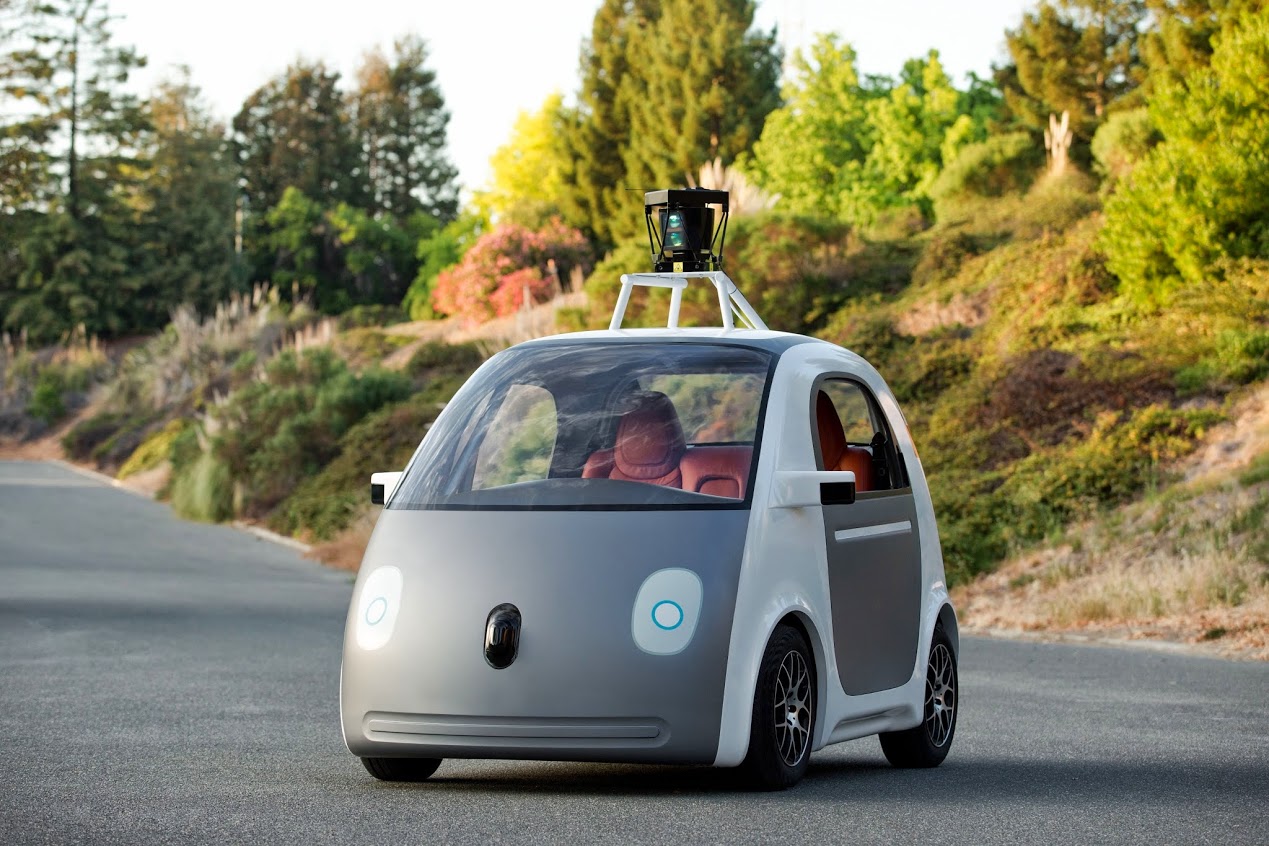Toyota and a number of other Japanese car-makers risk losing out in the race towards autonomous driving as the likes of Google enter the self-driving car market. Analysts warn that Toyota could find itself in a similar situation to Sony, Sharp and Panasonic, which lost their lead in consumer devices to Apple and Samsung, who made speedy advances to make new gadgets available at a cheaper price.
“Japan’s electronics industry, which prided itself on its unique manufacturing prowess, ultimately lost its competitiveness,” says Takaki Nakanishi, a former Merrill Lynch analyst who now runs his own research group. “The same thing could happen [in the car industry] if things stay as they are now.”
Masahiro Akita, an analyst at Credit Suisse, says: “We don’t know if the day will ever arrive when the car becomes a smartphone. But if it does, the vehicle will simply be a transportation method. Brand will then become the only factor to determine its value.”
On December 22 2014, Google unveiled a fully functioning prototype of their planned driverless car and committed to testing it on roads in California in 2015.
The two-seater vehicle would need government approval to legally operate on roads without a human driver, though Google has clear ambitions that the car could be a fixture throughout Silicon Valley neighbourhoods.
“I can imagine these cars starting in closed, campus environments, or cordoned-off test areas with low-speed roads where the risk of collision, injury or death is much lower,” said Ratna Amin, director of transportation policy at San Francisco-based urban advocacy group SPUR.
